The Nigeria Labour Congress (NLC) and several Civil Society Organisations (CSOs) have voiced their opposition to the recent reduction in the pump price of Premium Motor Spirit (PMS) to ₦935 per litre. They described the reduction as insufficient and failing to meet the expectations of Nigerians grappling with high living costs.
This price adjustment came after the Dangote Petroleum Refinery, in collaboration with MRS, announced a price reduction to ₦935/litre. Before this, petrol was being sold for over ₦1,030/litre in Lagos and surrounding areas and more than ₦1,060/litre in Abuja and Northern states. The reduction was facilitated by Dangote's lower ex-depot price and a unified pricing agreement factoring in a ₦36 logistics cost per litre.
On Sunday, the Independent Petroleum Marketers Association of Nigeria (IPMAN) disclosed that the new price of ₦935/litre would take effect across the country starting Monday. IPMAN's National President, Maigandi Garima, highlighted that the decision aimed to stabilize the market and ensure affordability for consumers.
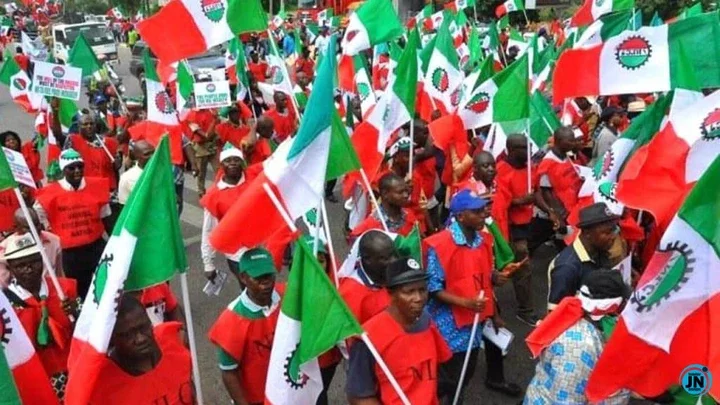
NLC
Despite this, the NLC and CSOs rejected the move, arguing that the price still places an unjustifiable burden on Nigerians. Speaking to Punch Online, Chris Onyeka, a senior official of the NLC, criticized the pricing mechanism, stating that it failed to reflect the true cost of PMS and questioned the rationale for basing prices on imported products when local refining capacity exists.
Onyeka pointed out that costs related to foreign labor, freight, insurance, and profits abroad are unfairly passed on to Nigerians, even though refining operations occur locally. "It's like someone stealing from you and returning only a fraction, then expecting gratitude," he said. He called on the government to disclose the actual cost of refining PMS in facilities like the Port Harcourt refinery, urging for more transparency in the pricing process.
The NLC official stressed the need for policies that ease the economic burden on citizens, urging the government to adopt measures that ensure the welfare of all Nigerians. "This country belongs to all of us. Let the government act in ways that allow the masses to breathe. Let the poor breathe," Onyeka concluded.
Similarly, Debo Adeniran, Chairman of the Centre for Accountability and Open Leadership, described the ₦935/litre price as inadequate. He suggested that the government and private sector should explore further reductions or even consider providing PMS for free. "Even if the NNPC and private companies offered PMS at no cost, they would still remain profitable due to revenue from other petroleum derivatives," Adeniran asserted. He further emphasized the possibility of reducing prices to ₦650/litre, citing earlier statements from Dangote Refinery.
Ibrahim Rafsanjani, Executive Director of the Civil Society Legislative Advocacy Centre, echoed similar sentiments. While he acknowledged the recent reduction as a step in the right direction, he argued that deeper cuts were both achievable and necessary. Rafsanjani urged government-owned enterprises to emulate private companies like Dangote by prioritizing the welfare of citizens.
Meanwhile, the Nigerian National Petroleum Company Limited (NNPC) announced on Monday a reduction in the pump price of petrol at its Federal Capital Territory outlets to ₦965/litre, down from ₦1,040/litre. MRS filling stations also implemented a uniform price of ₦935/litre nationwide in accordance with the agreement with Dangote Refinery.
This marked the second price reduction within two weeks, with prices dropping from ₦1,060 earlier in the month. However, the adjustment has led to long queues at NNPC mega stations in locations such as Wuse Zone 4, Olusegun Obasanjo Way, and Gudu, as consumers rushed to purchase fuel at the new rates.
While some motorists expressed relief over the price reduction, they called for uniform pricing across all filling stations. "Yes, NNPC reduced the price to ₦965. I bought it this morning, but the queues are too long because other stations are still selling at higher prices," a motorist stated.
Another commuter, Hassan, expressed hope that the reduction would lead to a decrease in transport costs, saying, "This is good news. The ₦95 reduction means we can now buy more fuel for the same amount of money."

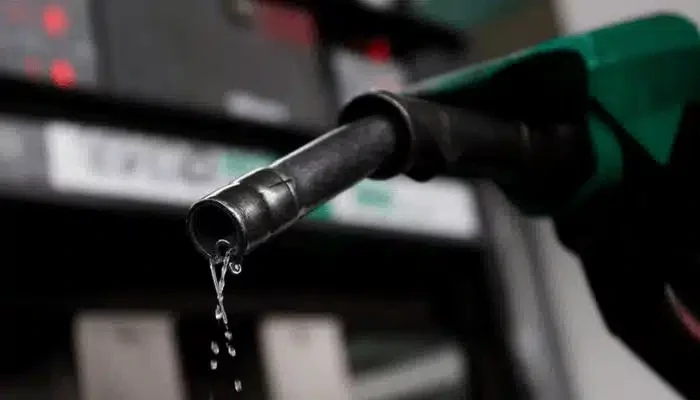

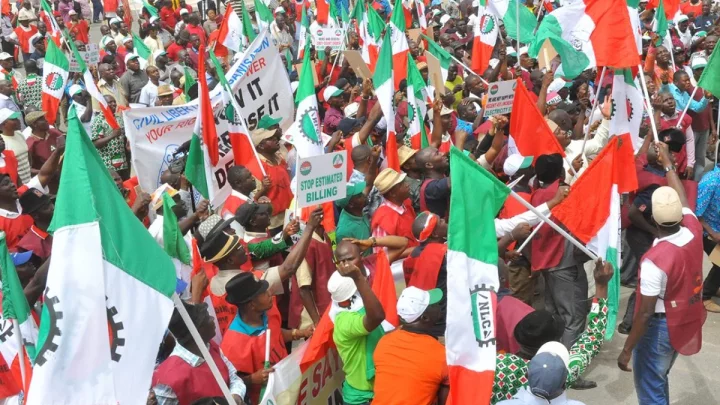

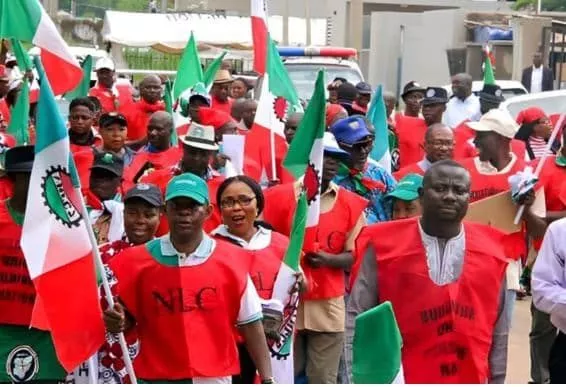
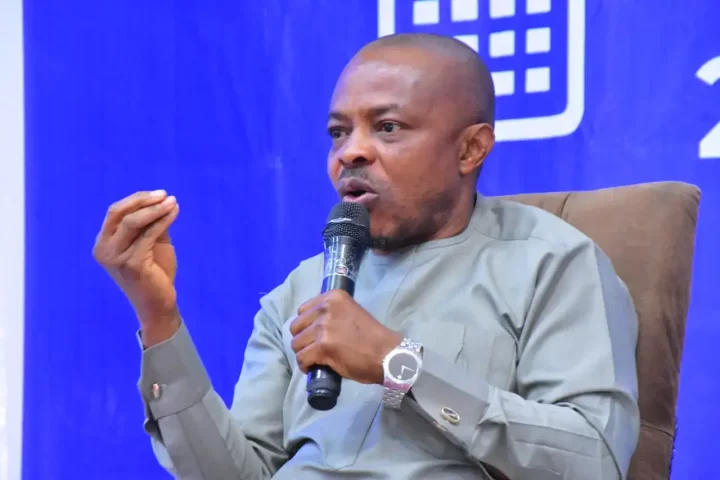

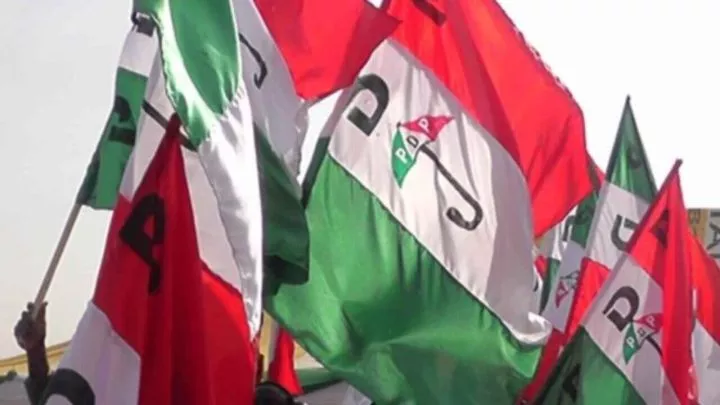








Comments